It's a nostalgia episode for our two hosts, Patrick and Dan. They tackle Mustafa Emirbayer's 1997 article in the American Journal of Sociology, "Manifesto for a Relational Sociology." According to Emirbayer, "Sociologists today are faced with a...
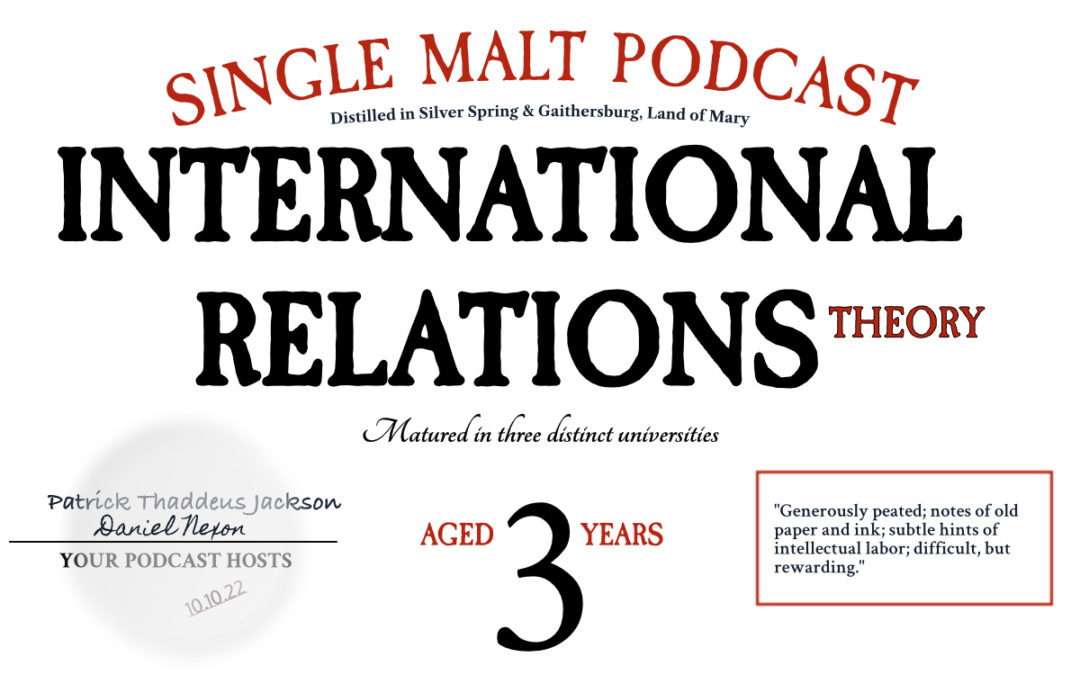

It's a nostalgia episode for our two hosts, Patrick and Dan. They tackle Mustafa Emirbayer's 1997 article in the American Journal of Sociology, "Manifesto for a Relational Sociology." According to Emirbayer, "Sociologists today are faced with a...

A discussion with Nina Kollars and Mark Raymond about the SolarWinds hack, recorded in March, 2021
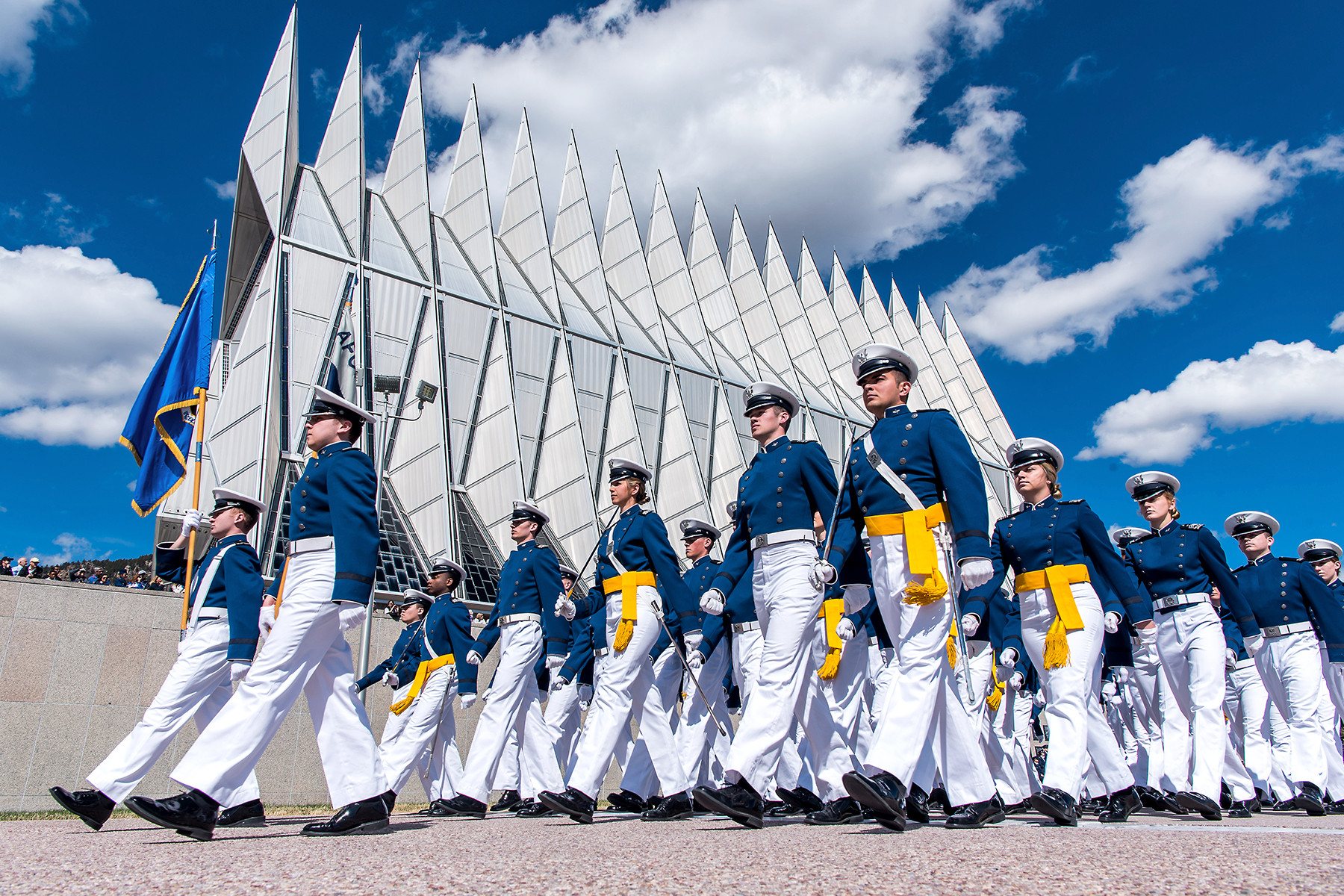
The COVID-19 pandemic makes it clear – our students need a blend of science and policy literacy. Transnational challenges with technical dimensions are increasingly common. Pandemic disease, climate...
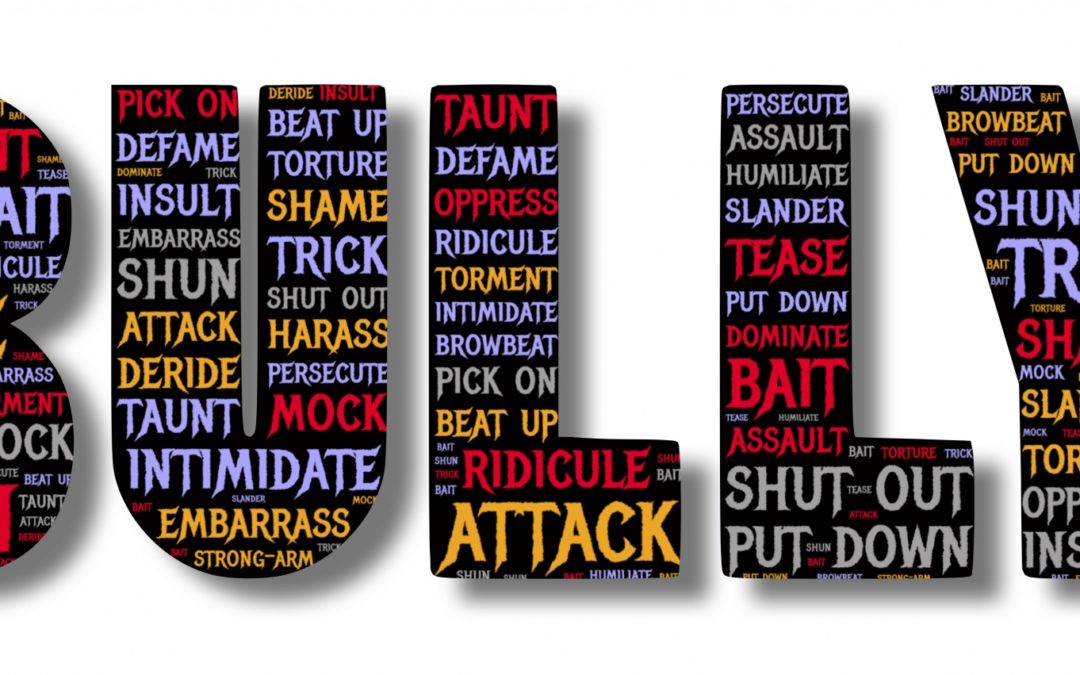
Recently, David Edelstein and Jim Goldgeier circulated an open letter for signature to address bullying in the profession. The open letter can be found here. So far, there are nearly 100...
Before the election, I offered that I would write three posts on bridging the sharp divides that have us in warring camps--one on a unity agenda, the second on changes in the tone of our public discourse, and the third on increased civic engagement. Honesty is the best policy so I’ll start by saying that I did not think President-elect Trump would win. While I’m being honest, I’ll add that I’m a liberal democrat who found Trump’s victory deeply and personally devastating. To make all of this honesty even worse, what I will propose as a Trump unity agenda is largely what most would consider a...
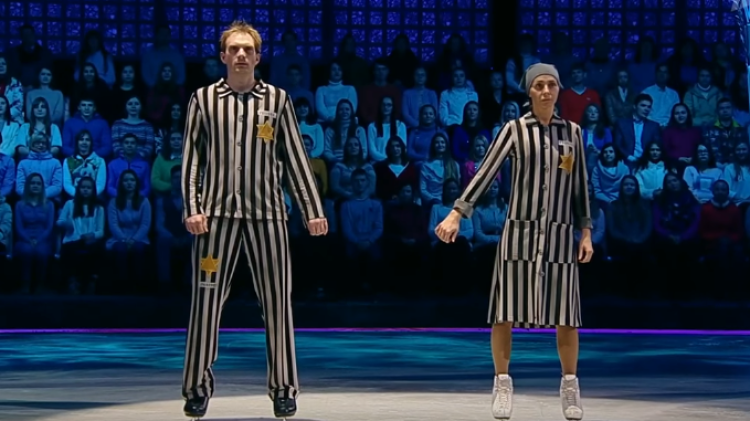
Usually when news about Russia makes it to American late night shows, Russia either gets hit by a meteorite, or it annexes part of a neighboring country. Either way, it is illustrated by Putin’s bare-chested photograph on a horse. This time, however, neither celestial bodies, nor Putin’s nipples were at stake. Several high-profile newspapers and The Daily Show with Trevor Noah reported on… an ice-skating dance routine. ‘Wife of Putin’s ally’ [putting aside the whole sexist tradition of defining a woman through her male companion] was widely criticized for her Holocaust-themed ice-dancing...
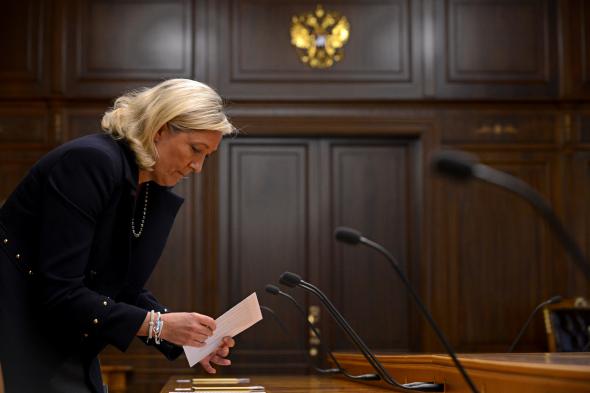
After Donald Trump won the elections in the US, Twitter was abuzz with the picture of potential UN Security Council country leaders that included Theresa May, Donald Trump, Vladimir Putin, Xi Jinping and Marine Le Pen. So now all eyes are on France and its upcoming presidential elections. The possibility of ‘Frexit’ in case of Le Pen’s win is alarming enough, but Russia is also on the agenda. Russian-French relations have been strained since the beginning of the Ukraine crisis, but have got even worse after President Hollande accused Russia of war crimes in Syria that purportedly prompted...
[This is a guest post by Valerie J. Bunce, the Aaron Binenkorb Chair of International Studies at Cornell University, and Mark R. Beissinger, the Henry W. Putnam Professor of Politics at Princeton University. After Aida Hozic shared the essay with me, I asked Valerie and Mark if I could post it at the Duck. They kindly agreed. I think it is one of the clearest—and most succinct—statements of why we should be worried and vigilant about the fate of US institutions.] How might American democracy end? The United States would not be the first long-lasting government to collapse. Whether they...
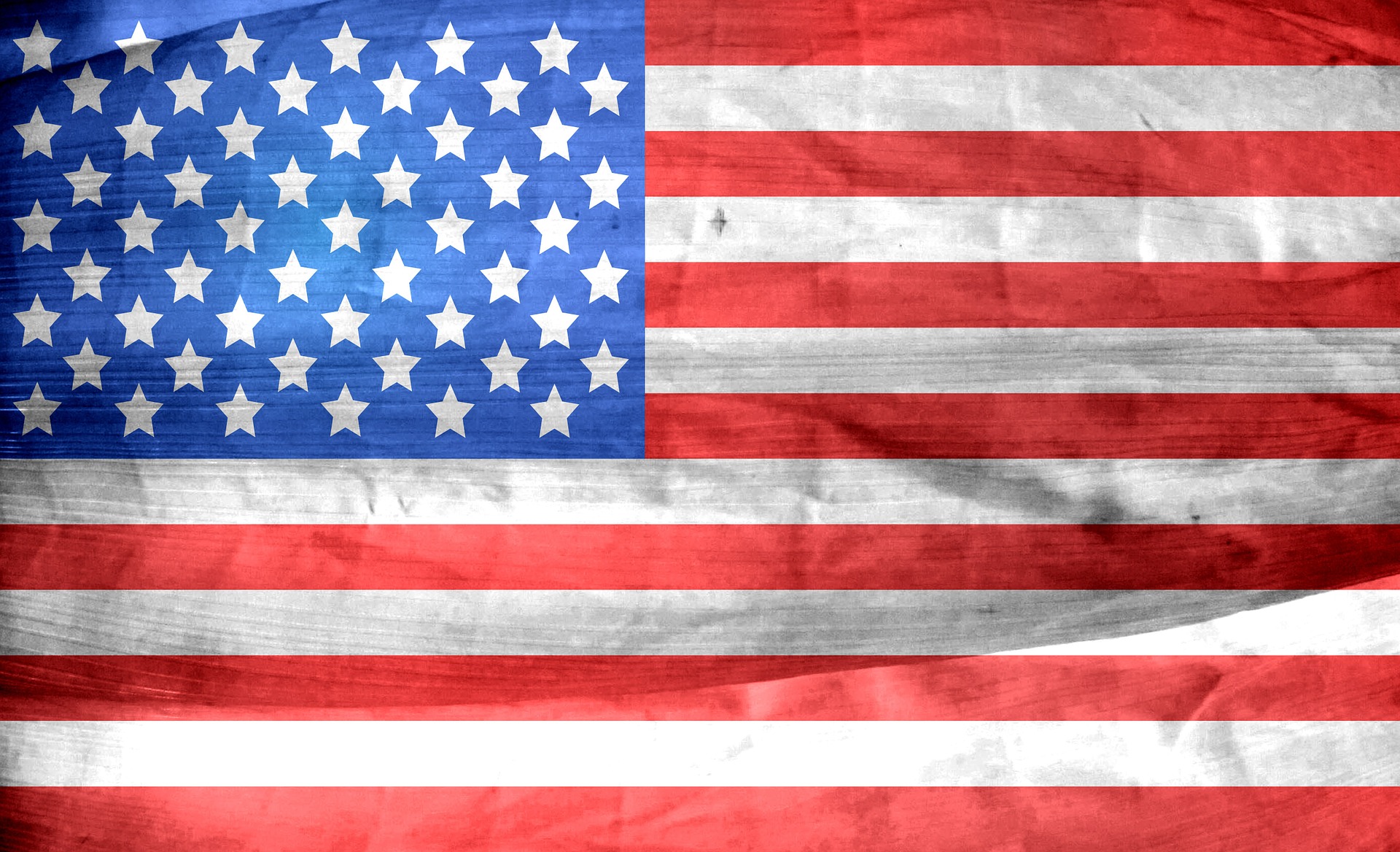
Trump’s election may amount to an inflection point in the institutional fabric of our political system. I do not simply mean our domestic republican institutions. I also mean the broadly liberal-republican international order constructed after World War II. Indeed, these two sets of institutions are profoundly bootstrapped to one another. This dual threat amounts to the greatest challenge to the American experiment since the early years of the Cold War.
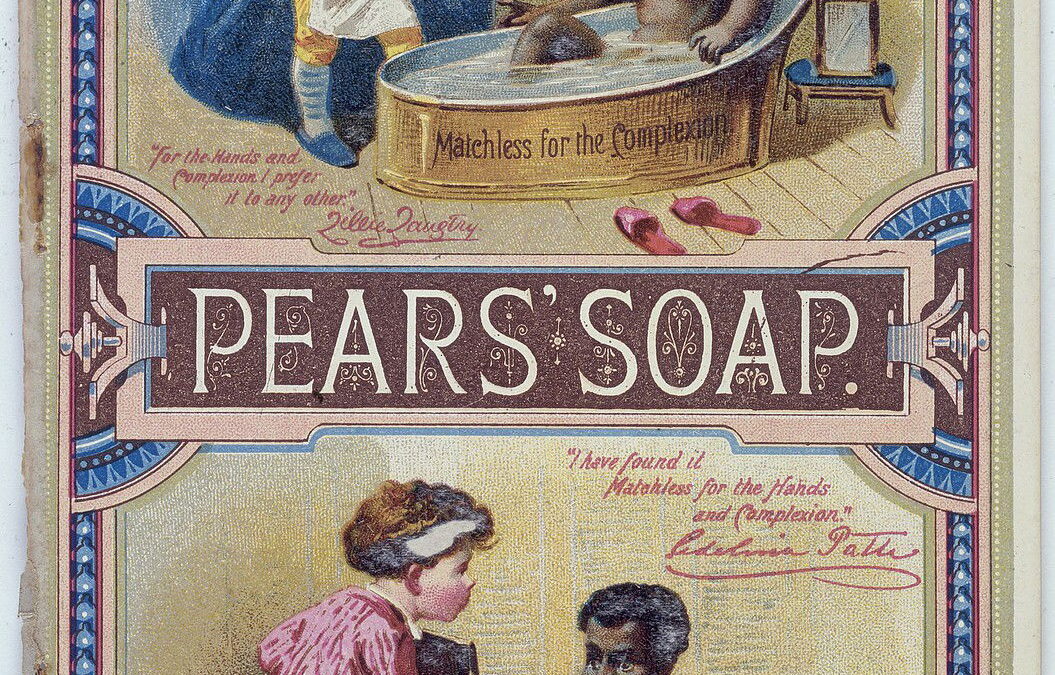
Yesterday, Russia became the fourth country in recent weeks to announce its intent to withdraw from the Rome Statute and the International Criminal Court. In doing so, it joins South Africa, Burundi, and Gambia in expressing concern about the institution’s functionality and legitimacy as an international institution. The Philippines is also reportedly contemplating departure. Because Russia never actually ratified the Rome Statute, its act of “departure” is--as many have pointed out--largely symbolic. Yet it also comes with a stinging rebuke from the government of Vladimir Putin, which...
By and large, world leaders have gone from being taken aback about Donald Trump’s unexpected victory to being outright alarmed. Exceptions to this rule are Vladimir Putin and Bashar al-Assad, both of whom expect Trump to be far better to deal with than Secretary Clinton. Yet, while it still is not remotely clear what a Trump Doctrine will strategically comprise, his coming moves in Syria do not bode well. Russia and the Syrian regime look to be the chief beneficiaries of the coming shifts in U.S. policy toward the 5-year old conflict that has weaponized half the country as refugees, killed...
This is a guest post by Eric Grynaviski, an Associate Professor of Political Science at International Affairs at George Washington University. He is the author of Constructive Illusions (Cornell, 2014) .He studies sociological approaches to cooperation and conflict, and international ethics. Over the last few days, protestors have taken to the streets to combat what they believe is an evil power that will soon occupy the White House. The problem of evil has featured in rhetoric about this election, in fact, for months, as featured in the Washington Post commentary on the election. The tropes...